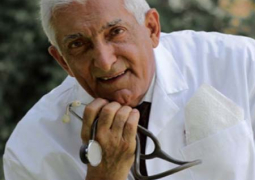The emphasis of the training was to develop a technique that can be applied daily in an African setting, especially where resources are limited.
Attended by 20 medical professionals selected after a rigorous process, the training was a combination of lectures and tutorials with laboratory and computer practical sessions.
The programme was centred on three key themes: mycobacterium tuberculosis, enteric bacteria, and antimicrobial resistance/encapsulated bacteria.
MRC Gambia Unit Director, Professor Omberto D’Alessandro, said the course provided clinical microbiologists and laboratory scientists working in Africa, a concise yet comprehensive overview of the latest research and practice in the focused areas.
After undergoing the training, the participants are expected to be equipped with techniques of analysing bacteria in an infection to understand where the bacteria came from, and know the regional epidemic.
Prof. D’Alessandro said the training was hosted in The Gambia because the MRC Unit has “an excellent relationship” with The Gambia government, particularly the Ministry of Health.
“We provide answers to questions that are important for public health in the country, and also carry out researches that are very relevant to the public health problems in The Gambia, West Africa and sub-Saharan Africa,” he explained.
The course was taught by international team of instructors from the MRC unit Gambia, University of Oxford, UK, and the University of Cape Town, South Africa.
Read Other Articles In Article (Archive)
Assailants convicted
May 20, 2015, 12:18 PM




